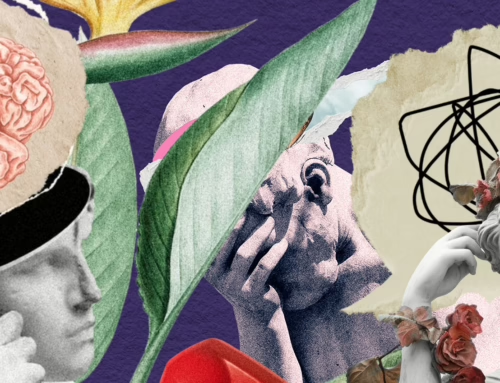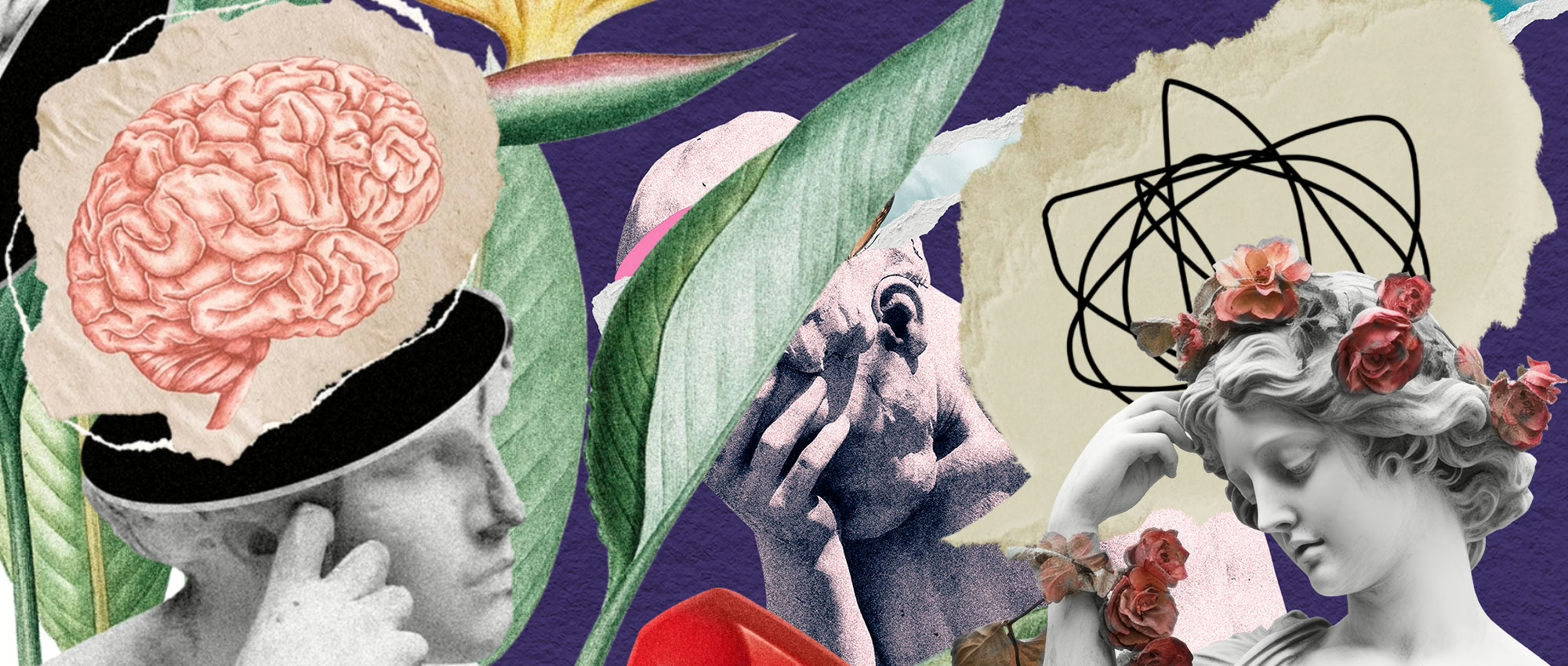Navigating the Complex Layers of Grief: How to Recognize and Heal from Complicated Grief
Grief is a natural part of life, but sometimes, it becomes a burden too heavy to bear. We’ve all heard that grief is a process, something that time will heal. But what happens when the pain doesn’t ease? When the sadness lingers, deepens, and starts to interfere with your everyday life? That’s where complicated grief comes into play—a type of grief that goes beyond the usual grieving process, leaving you stuck in a cycle of pain.
Understanding Complicated Grief
Complicated grief is not just an extension of normal grief; it’s a whole different beast. Unlike typical grief, which gradually diminishes over time, complicated grief persists, often intensifying as time passes. You might feel trapped in an endless loop of sorrow, unable to move forward or find peace. It’s not just missing someone; it’s an overwhelming sense of loss that invades every corner of your life.
Symptoms of Complicated Grief
Recognizing the symptoms of complicated grief is crucial to healing. It’s more than just feeling sad or tearful. You might find yourself:
- Preoccupied with the deceased: Constantly thinking about the person you lost, to the point where it’s hard to focus on anything else.
- Avoiding reminders of the loss: Whether it’s photos, places, or even certain people, you go out of your way to avoid anything that brings the loss to mind.
- Intense longing or yearning: Feeling an almost physical pain from missing the person, as if a part of you is gone.
- Feeling that life is empty or meaningless: Struggling to find purpose or joy in life since the loss.
- Numbness or detachment: A sense of being cut off from your own emotions or from others around you.
- Difficulty trusting others: Fear of getting close to anyone again because you’re terrified of losing them too.
The Mental Health Impact of Complicated Grief
If left unaddressed, complicated grief can have a profound impact on your mental health. It can lead to severe depression, anxiety, and even substance abuse as a way to numb the pain. The longer it goes on, the more it can start to affect your physical health as well—sleep disturbances, weakened immune system, and even chronic conditions can arise from the unrelenting stress.
This isn’t just about feeling sad; it’s about your overall wellbeing, and that’s why recognizing and addressing complicated grief is so important.
Coping Strategies: Taking Steps Toward Healing
Healing from complicated grief is not about “getting over it.” It’s about learning how to carry the loss differently, how to integrate it into your life in a way that allows you to move forward while still honoring your loved one.
Here are some strategies that can help:
- Acknowledge Your Feelings: Don’t shy away from your emotions. Allow yourself to feel the pain, the anger, the sadness. Avoiding these feelings only prolongs the healing process.
- Seek Support: Lean on friends, family, or support groups. Talking about your loss and hearing others’ experiences can be incredibly validating.
- Consider Professional Help: Therapy can be a game-changer when it comes to complicated grief. A mental health professional can help you navigate these overwhelming emotions and find a path forward.
- Create Rituals of Remembrance: Establishing rituals or traditions to honor your loved one can provide comfort and a sense of connection. Whether it’s lighting a candle, visiting a special place, or creating something in their memory, these acts can help keep their spirit alive in a positive way.
- Focus on Self-Care: Healing is hard work, and it’s essential to take care of yourself in the process. This means getting enough sleep, eating well, exercising, and giving yourself permission to rest when needed.
The Role of Therapy in Grief Work
Therapy is not about forgetting your loved one; it’s about finding a way to live with the loss without letting it consume you. A therapist can help you untangle the complicated emotions you’re experiencing and guide you toward healing. It’s about learning how to navigate your new reality, carrying the memory of your loved one in a way that allows you to live fully.
Moving Forward
Complicated grief doesn’t mean you’re weak or that you loved too much. It means that your loss is significant, and your pain is valid. Healing from this kind of grief is a journey, one that takes time, patience, and a lot of self-compassion. But it’s a journey worth taking because on the other side of it is the possibility of peace, of finding joy again, and of living a life that honors both your loved one and yourself.
If you’re feeling stuck in your grief, know that you don’t have to go through this alone. Help is available, and healing is possible. Take that first step—reach out, talk about your feelings, and begin the process of finding your way forward. You deserve to live a life that’s not overshadowed by loss but enriched by the love you shared.
Navigating the Complex Layers of Grief: How to Recognize and Heal from Complicated Grief
Grief is a natural part of life, but sometimes, it becomes a burden too heavy to bear. We’ve all heard that grief is a process, something that time will heal. But what happens when the pain doesn’t ease? When the sadness lingers, deepens, and starts to interfere with your everyday life? That’s where complicated grief comes into play—a type of grief that goes beyond the usual grieving process, leaving you stuck in a cycle of pain.
Understanding Complicated Grief
Complicated grief is not just an extension of normal grief; it’s a whole different beast. Unlike typical grief, which gradually diminishes over time, complicated grief persists, often intensifying as time passes. You might feel trapped in an endless loop of sorrow, unable to move forward or find peace. It’s not just missing someone; it’s an overwhelming sense of loss that invades every corner of your life.
Symptoms of Complicated Grief
Recognizing the symptoms of complicated grief is crucial to healing. It’s more than just feeling sad or tearful. You might find yourself:
- Preoccupied with the deceased: Constantly thinking about the person you lost, to the point where it’s hard to focus on anything else.
- Avoiding reminders of the loss: Whether it’s photos, places, or even certain people, you go out of your way to avoid anything that brings the loss to mind.
- Intense longing or yearning: Feeling an almost physical pain from missing the person, as if a part of you is gone.
- Feeling that life is empty or meaningless: Struggling to find purpose or joy in life since the loss.
- Numbness or detachment: A sense of being cut off from your own emotions or from others around you.
- Difficulty trusting others: Fear of getting close to anyone again because you’re terrified of losing them too.
The Mental Health Impact of Complicated Grief
If left unaddressed, complicated grief can have a profound impact on your mental health. It can lead to severe depression, anxiety, and even substance abuse as a way to numb the pain. The longer it goes on, the more it can start to affect your physical health as well—sleep disturbances, weakened immune system, and even chronic conditions can arise from the unrelenting stress.
This isn’t just about feeling sad; it’s about your overall wellbeing, and that’s why recognizing and addressing complicated grief is so important.
Coping Strategies: Taking Steps Toward Healing
Healing from complicated grief is not about “getting over it.” It’s about learning how to carry the loss differently, how to integrate it into your life in a way that allows you to move forward while still honoring your loved one.
Here are some strategies that can help:
- Acknowledge Your Feelings: Don’t shy away from your emotions. Allow yourself to feel the pain, the anger, the sadness. Avoiding these feelings only prolongs the healing process.
- Seek Support: Lean on friends, family, or support groups. Talking about your loss and hearing others’ experiences can be incredibly validating.
- Consider Professional Help: Therapy can be a game-changer when it comes to complicated grief. A mental health professional can help you navigate these overwhelming emotions and find a path forward.
- Create Rituals of Remembrance: Establishing rituals or traditions to honor your loved one can provide comfort and a sense of connection. Whether it’s lighting a candle, visiting a special place, or creating something in their memory, these acts can help keep their spirit alive in a positive way.
- Focus on Self-Care: Healing is hard work, and it’s essential to take care of yourself in the process. This means getting enough sleep, eating well, exercising, and giving yourself permission to rest when needed.
The Role of Therapy in Grief Work
Therapy is not about forgetting your loved one; it’s about finding a way to live with the loss without letting it consume you. A therapist can help you untangle the complicated emotions you’re experiencing and guide you toward healing. It’s about learning how to navigate your new reality, carrying the memory of your loved one in a way that allows you to live fully.
Moving Forward
Complicated grief doesn’t mean you’re weak or that you loved too much. It means that your loss is significant, and your pain is valid. Healing from this kind of grief is a journey, one that takes time, patience, and a lot of self-compassion. But it’s a journey worth taking because on the other side of it is the possibility of peace, of finding joy again, and of living a life that honors both your loved one and yourself.
If you’re feeling stuck in your grief, know that you don’t have to go through this alone. Help is available, and healing is possible. Take that first step—reach out, talk about your feelings, and begin the process of finding your way forward. You deserve to live a life that’s not overshadowed by loss but enriched by the love you shared.




